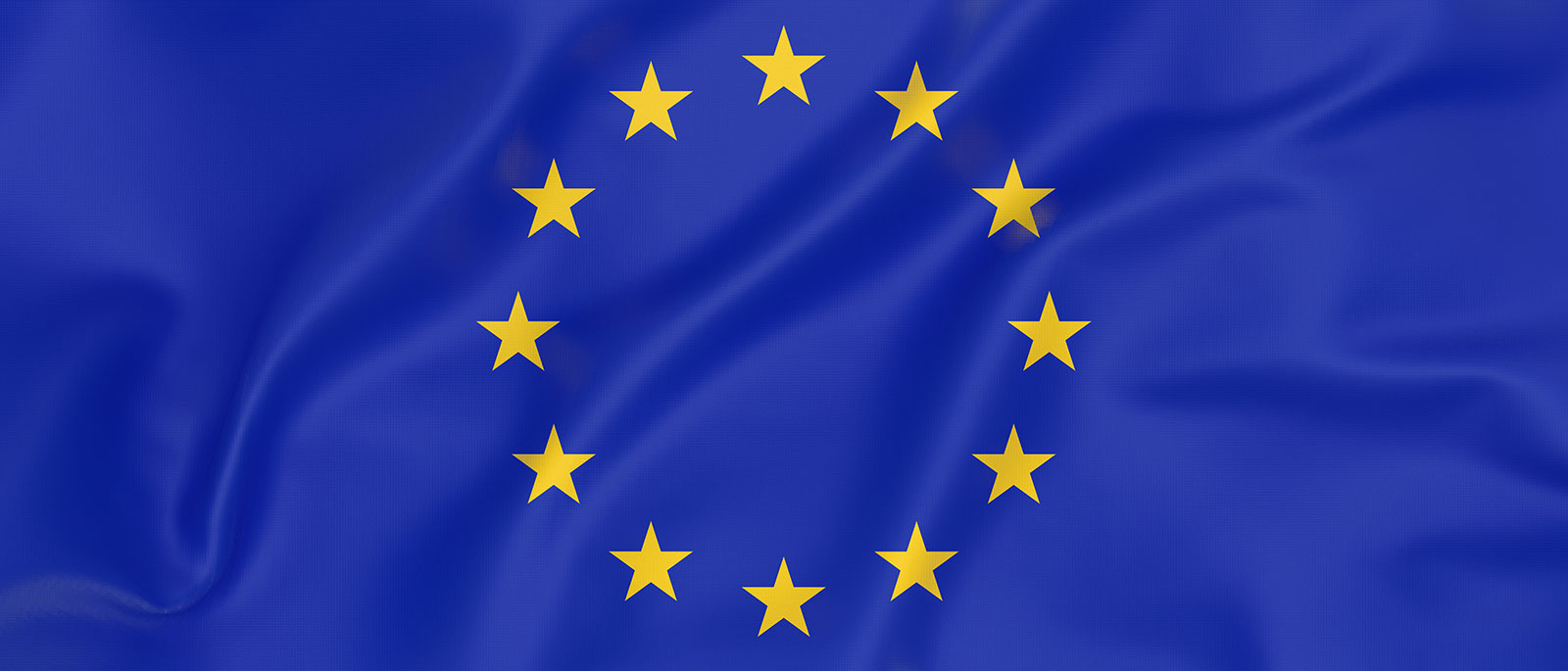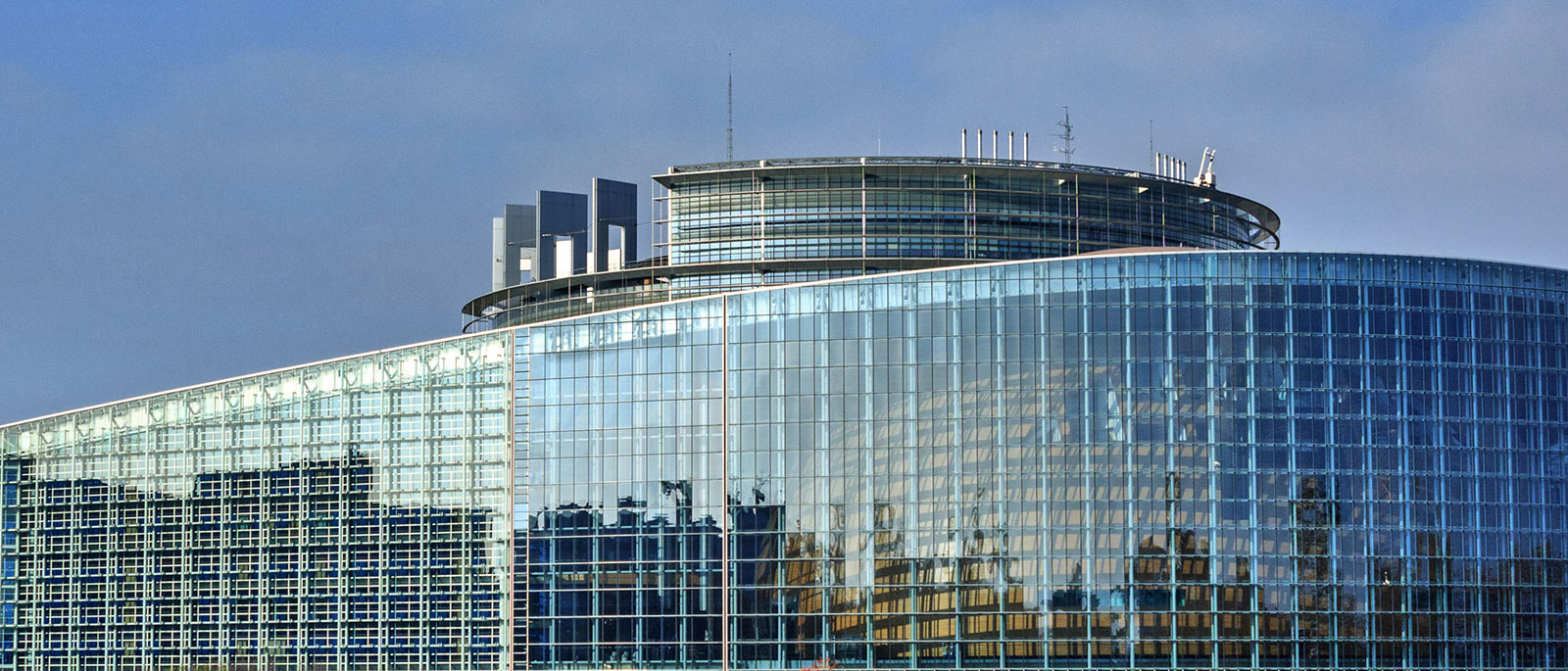In Germany it is the joint responsibility of the Federal Ministry for Economic Affairs and the Federal Foreign Office to ensure that the Federal Government speaks with one voice when dealing with the various EU institutions in Brussels.
Coordinating role of the Economic Affairs Ministry
European policy coordination within the Federal Government takes place in dedicated coordination units at different levels of government. These units are focused on EU affairs and help to speed up decision-making and resolve potential conflicts. They include, above all, the State Secretaries Committee for European Affairs chaired by the Minister of State for Europe at the Federal Foreign Office (with the representative from the Economic Affairs Ministry acting as deputy chair) and the round table of the European Affairs Directors-General of the federal ministries (co-chaired by the Foreign Office and the Economic Affairs Ministry). In addition, each Federal Ministry has a European Affairs Officer who serves as the main contact for all European policy matters.
Another important coordinating task for the Economic Affairs Ministry consists in instructing the German ambassador on the Permanent Representatives Committee I (Coreper I) in Brussels. This committee convenes weekly and is made up of representatives from all Member States. Its tasks include preparing the work of the EU Councils of Ministers on competitiveness, telecommunications, energy, agriculture, environment, employment and social policy. Based on the instructions received, the Ambassador expresses the German position on the Committee in Brussels.
Responsibility for instructing the German representatives on the Coreper committees is shared between the Economic Affairs Ministry and the Foreign Office. The Foreign Office instructs the German representative on Coreper II which prepares the work of 4 Council configurations: The General Affairs Council, the Foreign Affairs Council, the Economic and Financial Affairs Council (ECOFIN) and the Justice and Home Affairs Council.
Cooperation with the German Bundestag and the Bundesrat
The Economic Affairs Ministry also ensures that the German Bundestag and the Bundesrat are informed comprehensively, in good time and continuously about current EU business. This is important in order to allow these bodies to exercise their constitutional participation rights in the Federal Government’s European policy. The details are set out in the ‘Act on Cooperation between the Federal Government and the German Bundestag in Matters concerning the European Union’ (EUZBBG) and the ‘Act on Cooperation between the Federation and the Federal States in Matters concerning the European Union’ (EUZBLG). This ensures that the Bundestag and the Bundesrat are able to express an opinion on the Federal Government’s position in European policy initiatives and thus exercise their influence on deliberations at EU level, particularly regarding EU legislation.


